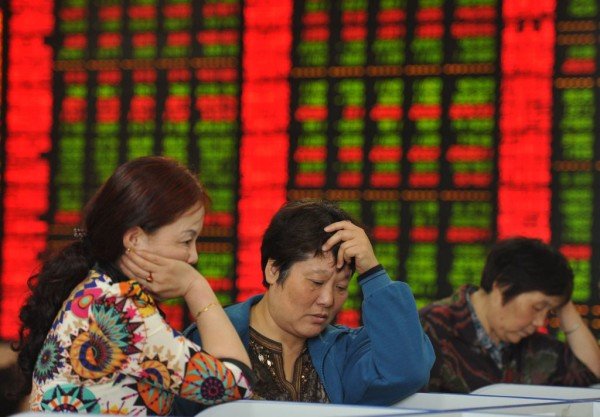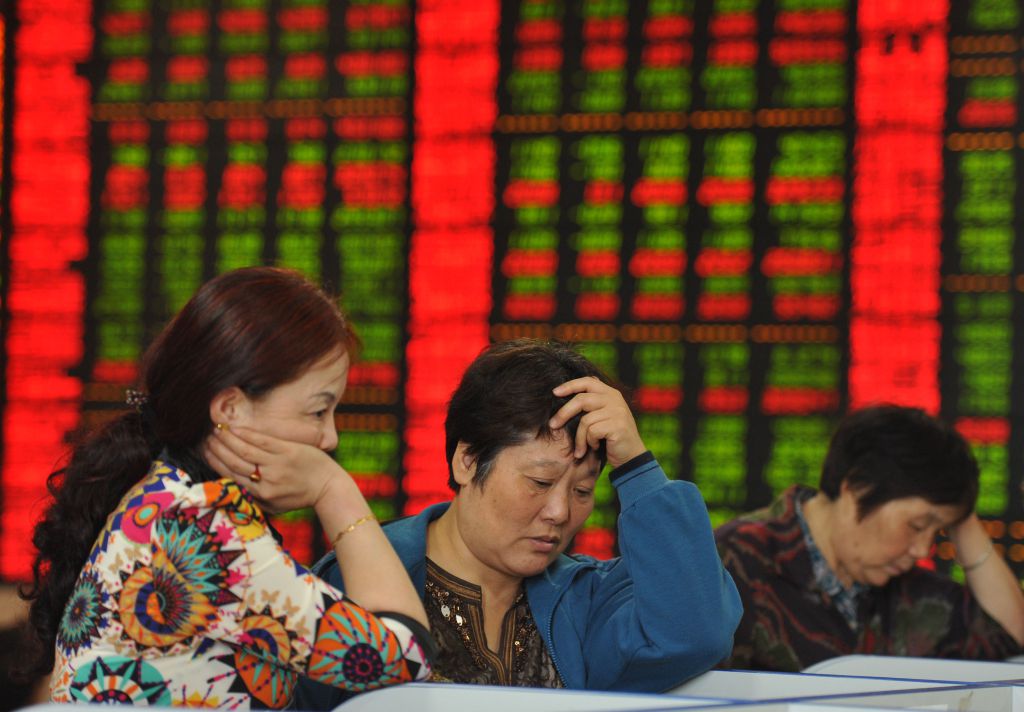The Chinese markets were volatile for much of September 7 as mainland stock exchanges reopened following a four-day weekend.
The Shanghai Composite traded erratically, but closed down by 2.5% to 3,080.42 points.
The market volatility in China came as the country’s National Bureau of Statistics revised its annual economic growth rate for 2014 to 7.3%, down from 7.4%.
Hong Kong’s benchmark Hang Seng index closed down 1.2% to 20,583.52.
Mainland shares have fallen 40% since mid-June when the sell-off began, while Chinese regulators continue to take more steps to stabilize erratic trading.
China’s central bank governor, Zhou Xiochuan, told financial leaders at the G20 summit over the weekend that the markets had almost completed their correction after a steep rise in the first half of the year.

“The stock market adjustment is already roughly in place and financial markets can be expected to be more stable,” Zhou Xiochuan said in a statement from Turkey.
Other Asian markets were mixed on September 7 despite stocks in the US, which headed lower on before weekend after US jobs figures were released.
Friday’s much-anticipated jobs figures showed unemployment fell to 5.1% last month, the lowest since April 2008.
The jobs report is the last before the Federal Reserve meets later this month to decide whether to increase interest rates.
Japan’s benchmark Nikkei opened lower on September 7, down 0.65%, but finished the day closing up 0.38% at 17,860.47.
In Australia the S&P/ASX 200 closed down 0.2% at 5,030.40, while South Korea’s Kospi benchmark index closed down 0.15% at 1,883.22 points, after closing down 1.5% on September 4.
